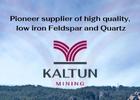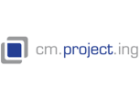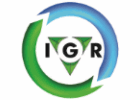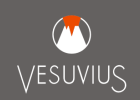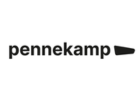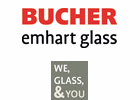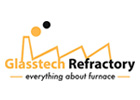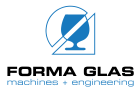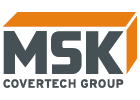INFO
Dies sind die Basisdaten für das ausgewählte Unternehmen. Diese Firma stellt weitere Informationen wie z.B. Webseite, Telefon- und Fax-Nummern, Ansprechpartner, Firmengeschichte, Details bereit.
Um diese Informationen einzusehen benötigen Sie einen gültigen "Profile Access" für glassglobal.com. Die Konditionen können Sie über folgenden Link: Preis Info einsehen
Kontakt Info
| Anschrift | Suniva, Inc. 5775 Peachtree Industrial Blvd. Norcross, GA 30092 |
| Land | USA |
| Staat | Georgia |
| Ihre Nachricht an Suniva, Inc. |
Produkte oder Maschinen
The ARTisun series solar cells that Suniva manufactures are made of polysilicon, which is created by refining sand or quartz, one of the most abundant materials on earth. After being refined and "grown" into extremely pure monocrystalline ingots, the ingots are carefully sliced into very thin wafers.
The wafers then undergo processing steps which apply an electric field to them, a metal grid or pattern of electrodes is affixed, and both an aluminum backing and a surface antireflective layer are applied. Suniva utilizes a number of patents and proprietary knowledge and technologies in these processing steps which yield very high cell efficiency at low cost and when combined with the ability to use thinner wafers results in industry leading cost per watt levels (efficiency refers to the net percentage of energy from solar radiation that the cell converts to electricity). These Suniva monocrystalline silicon cells are marketed as the ARTisun series.
Suniva´s customers and partners typically use ARTisun cells to make solar modules (also known as solar panels). These modules are made by packaging and connecting a series of solar cells together in a maintenance free frame, with a clear protective face or cover. Thus the total voltage output of a module is equivalent to the total output of all the cells within the panel less a very small amount of normal overhead for connections and the protective panel layer. Multiple modules are placed on roof-tops, in arrays and in "farms" to generate power for residential and industrial applications as well as for utilities.
The company already has a 96-megawatt factory in Georgia. The company began producing solar cells about a year ago.
December 11, 2008 – ribbon cutting ceremony , Suniva Inc., a manufacturer of high value crystalline silicon solar cells, officially opened the first solar factory in the Southeastern US with the help of Georgia Governor Sonny Perdue. Located in the Atlanta metro area, Suniva’s manufacturing facility will create over 100 high-paying, permanent green jobs by year-end 2009 and even more as it ramps to full production capacity in 2010.
